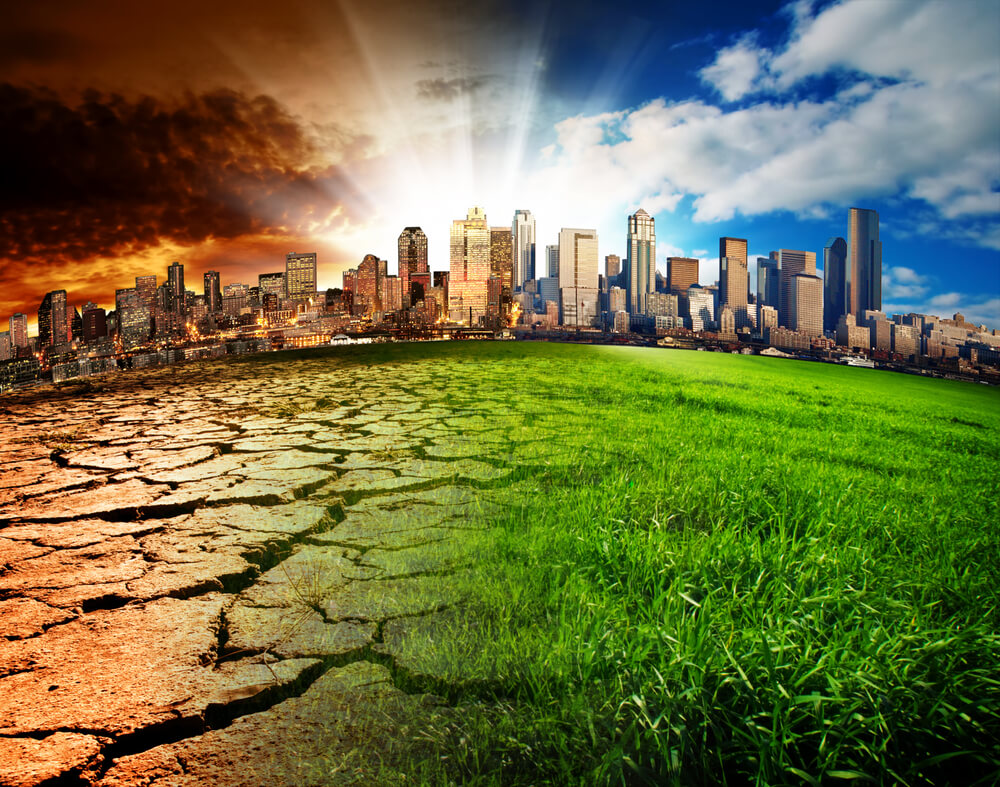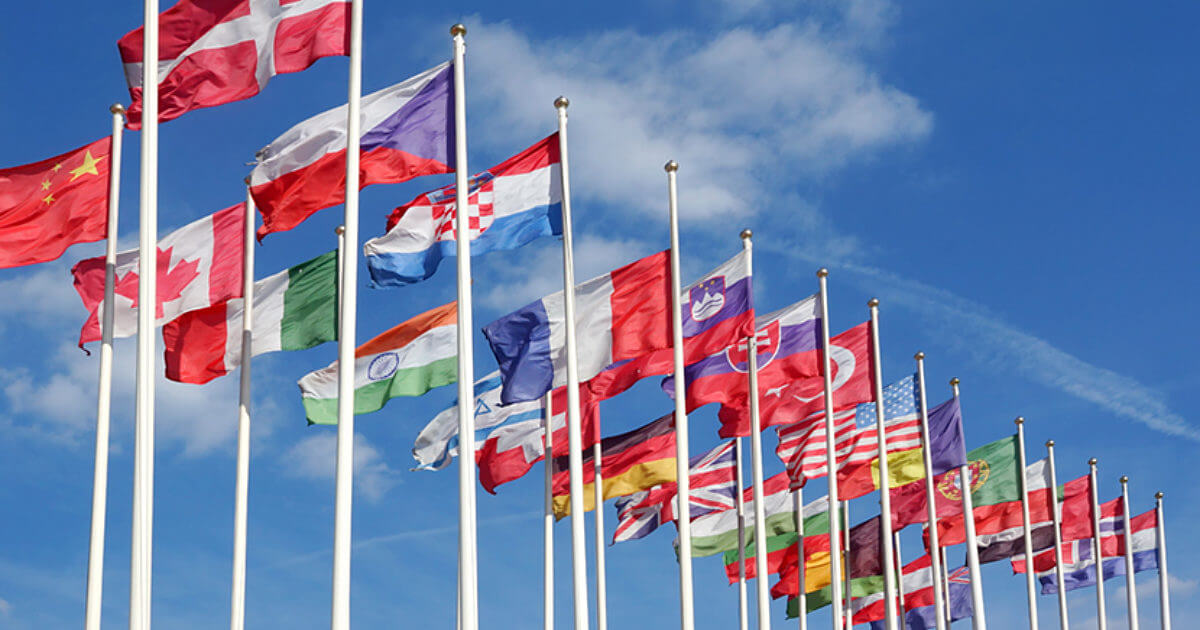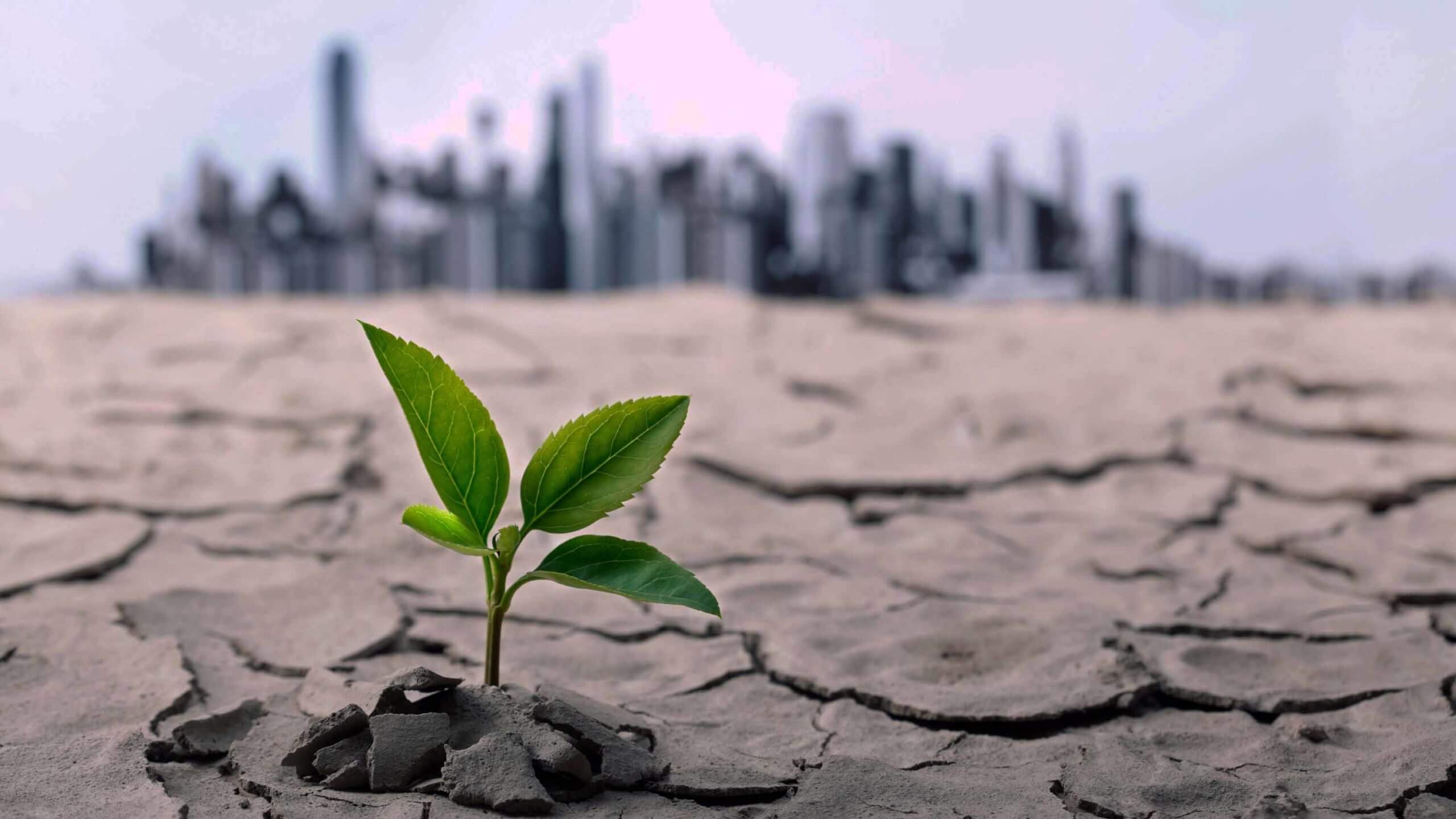The World Economic Forum’s Global Risks Report 2024 paints a bleak picture of the world, identifying a dual crisis of climate change and conflict as the most pressing challenges. The report, based on the perspectives of nearly 1,500 global experts, highlights the interconnected nature of these threats against a backdrop of technological acceleration and economic uncertainty.
Short-Term Risk: Misinformation and Disinformation
The report underscores the immediacy of the threat posed by misinformation and disinformation. In the short term, this risk surpasses others, fueled by concerns about the potential misuse of artificial intelligence (AI) to disseminate false narratives globally. As the world heads into a wave of elections involving over 3 billion people in major economies, including the United States, India, and the United Kingdom, the risk of foreign and domestic actors leveraging misinformation to deepen societal and political divides becomes increasingly pronounced. The consequences include the potential for civil unrest, government-driven censorship, domestic propaganda, and restrictions on the free flow of information.

Long-Term Risk: Climate-Related Threats
Looking ahead over the next decade, climate-related risks dominate the top 10 concerns. Extreme weather events take the lead, with nations unprepared for triggering long-term, potentially irreversible changes to planetary systems. The report highlights the urgency of addressing these climate tipping points, as the world approaches or crosses the 1.5°C global warming threshold, anticipated to occur by the early 2030s. The disagreement among experts regarding the urgency of other climate-related risks, such as biodiversity loss and ecosystem collapse, raises concerns that delays in mitigation efforts could jeopardize our ability to take meaningful action.

Multipolar or Fragmented Order
The report suggests a significant shift towards a multipolar or fragmented global order in the next decade, as predicted by two-thirds of global experts. This evolving landscape is likely to impact international cooperation, making it challenging to address the complex economic, political, and environmental challenges we face.

Opportunities for Responding to Global Risks
Despite the challenges, the report identifies opportunities for response and mitigation. With trust diminishing and political polarization increasing, localized cooperation at national and corporate levels, and even among individual citizens, emerges as a potential avenue for addressing global risks. The importance of cross-border collaboration at scale remains critical, emphasizing the need for open and constructive dialogue between government, business, and civil society leaders.
Against this backdrop, the 2024 World Economic Forum’s Annual Meeting in Davos, Switzerland, focuses on rebuilding trust. The theme, “Rebuilding Trust,” emphasizes a return to basics and a spirit of open and constructive dialogue between leaders from government, business, and civil society. The program recognizes the necessity of collective efforts to navigate the challenges ahead, advocating for cooperation on a global scale to ensure human security and prosperity.
Source here





